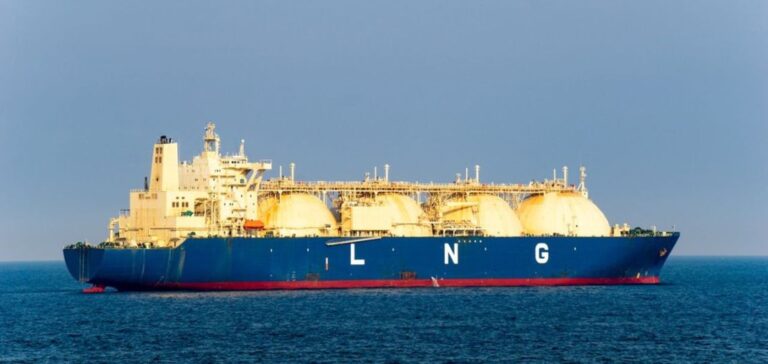Growing U.S.LNG export capacity will make the U.S. gas market increasingly sensitive to world gas prices, especially if price differentials narrow. However, strong international demand should generally maintain high utilization rates in US terminals, according to market analysts.
Demand forecasts and impact on domestic prices
Analysts at S&P Global forecast that U.S. gas demand for LNG will increase by almost 90% to nearly 25 billion cubic feet per day (Bcf/d) by 2028. “Once these facilities are operational, this will represent 20% of US production for export,” explains Zack Van Everen, Director of Infrastructure Research at Tudor Pickering Holt, at the DUG GAS+ 2024 conference. If the gap between the Henry Hub and world markets narrows, cargoes can be cancelled and gas resold on the US market, weighing on domestic prices.
Flexible supplier role and gas storage capacity
The United States has the capacity to balance the world market thanks to its vast domestic market and flexible sales and purchasing agreements. In 2020, during the coronavirus pandemic, the USA was the only supplier to experience a drop in exports, when world prices collapsed. Growing gas demand for LNG will contribute to price volatility, as the limited amount of gas storage added in the US over the past decade begins to weigh on the market.
Storage expansion and project development
The need to increase gas storage is crucial. By 2028, around 250 billion cubic feet of additional storage will be required, while only 100 Bcf are currently under development. Storage expansion projects are currently underway, including Trinity Gas Storage and FRESSH in Texas, demonstrating the sector’s response to these growing needs.
The increase in US LNG export capacity underlines the country’s role in balancing the global gas market, despite the challenges of price volatility and insufficient storage capacity.






















